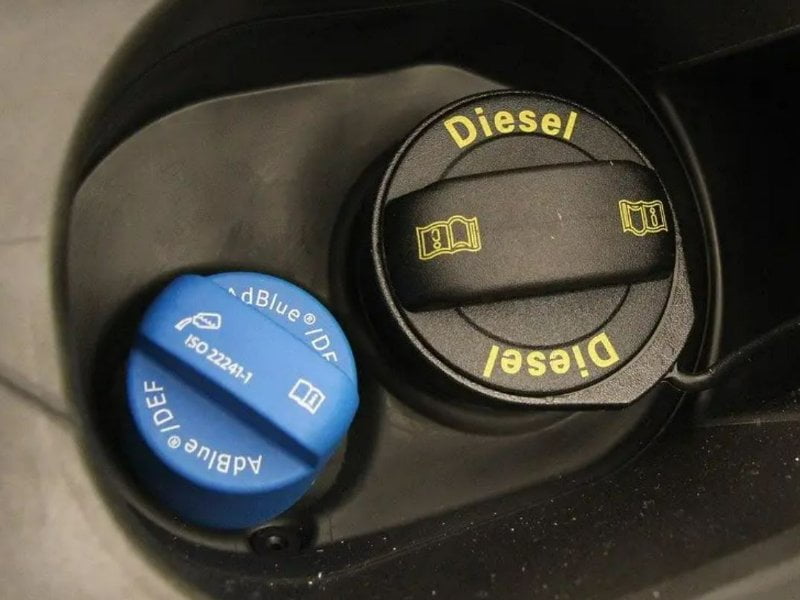The federal government has committed nearly $50 million to rebuilding the domestic supply of diesel exhaust fluid with a national stockpile and a new grants program after Australia almost ran out last year amid a global shortage.
With the only Australian producer of key ingredient technical grade urea to close its manufacturing plant later this year, the Industry department has been scoping options for new local production, with the help of high-priced consultants.
Australia’s road transport industry nearly ground to a halt over the summer when a global shortage of TGU meant the popular diesel exhaust fluid it makes, AdBlue, was in short supply.
AdBlue is needed to keep newer diesel cars and trucks’ emissions within legal limits, and Australia has traditionally relied on imports to produce it.

The previous Coalition government’s response to the shortage was to assemble an AdBlue taskforce led by the former chief executive of Incitec Pivot James Fazzino, and to make representations to more countries for new supply of urea.
Subsequently, the government gave Incitec Pivot a $29.4 million grant to ramp up its local production or urea and AdBlue, diversified international supplies, and paid consulting firm McKinsey $10,000 a day to analyse supply chains.
The grant allowed the company, which is the only domestic producer of AdBlue from urea melt, to increase production of AdBlue using its existing methods at its Brisbane plant, with the company working around the clock over the holidays to stabilise domestic supply.
But it did not change Incitec Pivot’s plan to close the plant by the end of this year, with the Industry department again going to consultants for solutions, this time paying US consulting giant BCG more than $14,000 each day for advice on long term fixes.
On Thursday, minister for climate change and energy Chris Bowen announced a $49.5 million package to build a national stockpile of of 7500 tonnes of technical grade urea, enough to provide an additional five weeks of supply beyond industry stock levels in case of a supply shortage.
A competitive grants program will also be launched for “sovereign capability and manufacturing projects” that help produce technical grade urea domestically, while the government will start collecting voluntary data from industry to provide market awareness of domestic stocks.
“Diesel exhaust fluid is crucial to our transport sector and the Albanese Government is taking action to ensure supply and strengthen the market,” Mr Bowen said in a statement.
“While the market is currently well-supplied, we need to put in place measures to deliver certainty and provide back-up in case of disruption.
“We are also monitoring and engaging with industry to ensure the market is functioning properly and the supply chains are delivering.”
The support for AdBlue production was welcomed by the National Farmers Federation because the diesel exhaust fluid is also required in a range of tractors and farming equipment.
“While the AdBlue market in Australia is currently stable, we’ve seen fear sweep through Europe this week as the energy crisis cripples supply and raises concerns of a looming shortage,” the farming group’s vice president David Jochinke said.
Urea is also a critical ingredient in fertilisers. Mr Jochinke said the AdBlue crunch shows it is time for “broader thinking” by government about supply chain vulnerabilities.
“This includes the availability of fertilisers and farm chemicals,” he said. “We’re also live to the challenges the farm sector will face as the economy transitions away from liquid fuels, and the current lack of technology alternatives for remote transport and on-farm machinery.”
Do you know more? Contact James Riley via Email.

